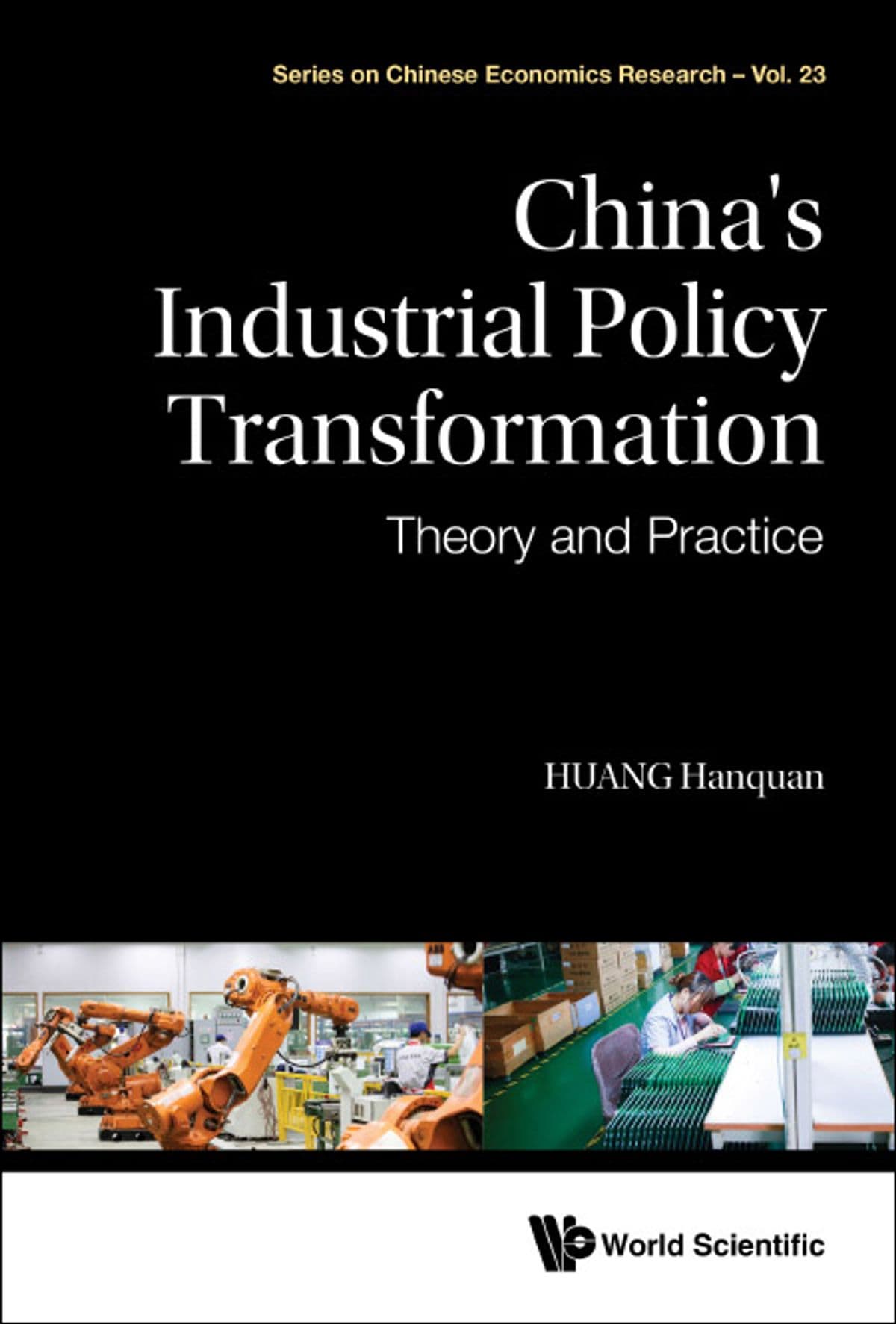Mainstream Economists Shift Stance, Embrace Industrial Policy After Decades of Skepticism

A notable shift is underway within mainstream economics, as prominent figures increasingly advocate for industrial policy, a significant departure from the prevailing free-market consensus of recent decades. As observed by Peter Turchin in a recent tweet, this represents a "sea change compared to even 10 years ago," reflecting a growing reconsideration of government intervention in economic structuring. This evolving perspective challenges the long-held view that such policies distort markets and hinder efficiency.
For decades following the 1970s, industrial policy was largely dismissed by mainstream economists, who championed free markets and minimal state intervention as the optimal path to growth. This skepticism was rooted in concerns about government's ability to "pick winners," the potential for cronyism, and market distortions. However, new academic research, employing more rigorous empirical methods, has begun to provide a more favorable assessment of industrial policy's effectiveness.
This re-evaluation is driven by several contemporary global challenges, including the need for supply-chain resilience exposed by events like the COVID-19 pandemic, the urgency of the green energy transition, and intensified geopolitical competition, particularly with the rise of state-led economies like China. Economists like Dani Rodrik, Réka Juhász, and Nathan Lane highlight that traditional economic models failed to adequately address these complex, systemic issues, necessitating a fresh approach to state involvement. Joseph E. Stiglitz also notes that the 2008-2009 global financial crisis underscored the limitations of unfettered markets.
Modern industrial policies are not merely a return to old protectionist measures; they often target export promotion, strategic technologies, and job creation. Examples include the United States' CHIPS and Science Act and the Inflation Reduction Act, which aim to boost domestic semiconductor manufacturing and green technologies. This contemporary approach emphasizes a more nuanced and contextual understanding of how government actions can strategically shape economic activity to achieve specific national objectives.
Despite this growing acceptance, debates persist regarding the practical implementation of industrial policy. Concerns remain about ensuring government capacity, avoiding political capture, and managing potential unintended consequences, such as international trade friction or inefficient resource allocation. Nevertheless, the prevailing sentiment among a growing number of mainstream economists suggests that industrial policy is now viewed as a legitimate and necessary tool for navigating complex economic realities and fostering long-term growth and resilience.